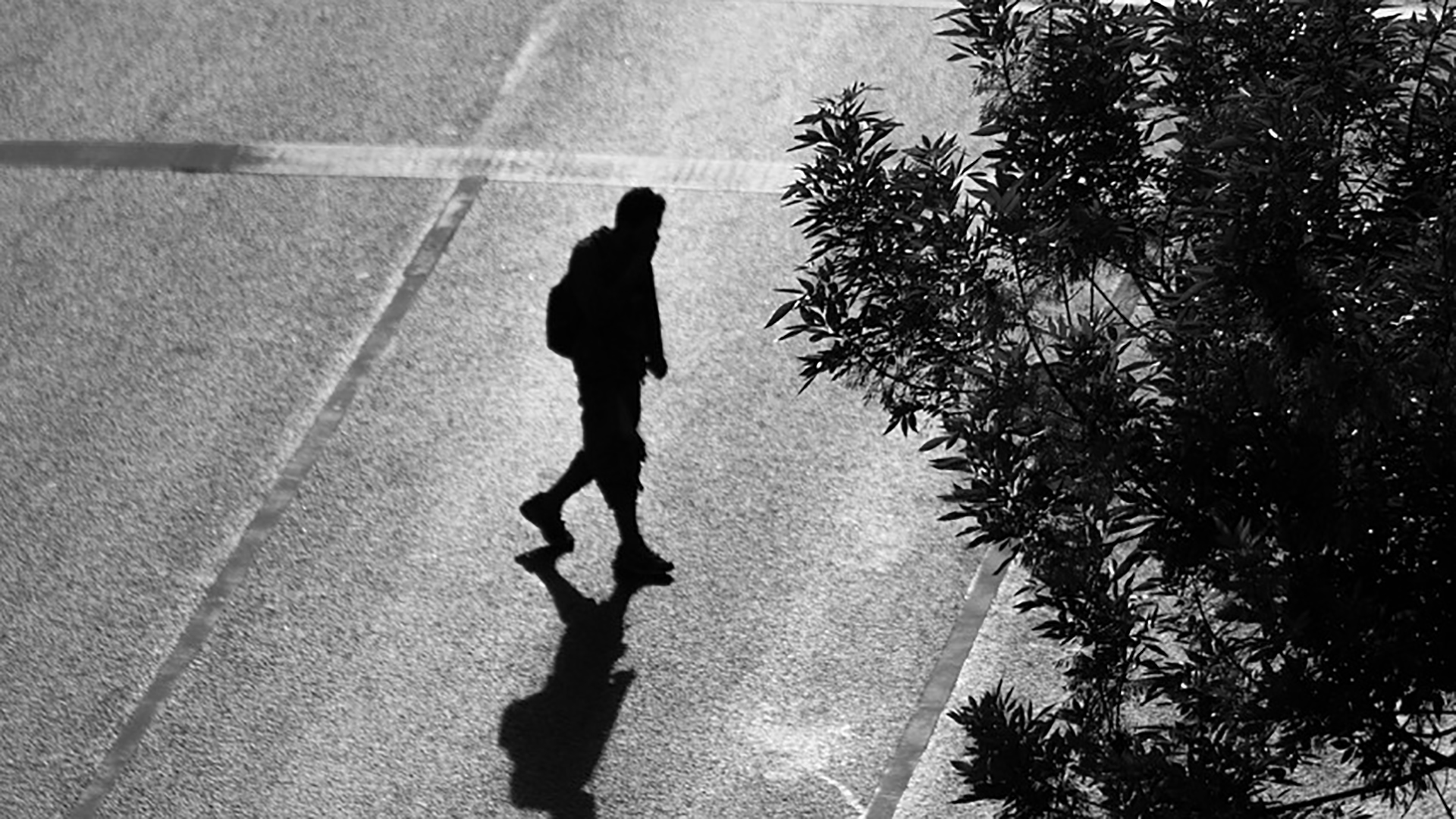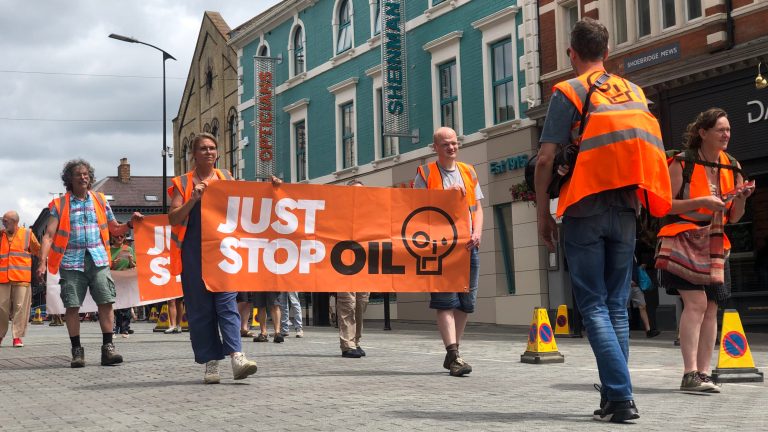The UK is in the grip of what the government has determined to be a ‘spice crisis’. Spice is a term being used to describe a synthetic, psychoactive drug that is spreading relentlessly throughout the British homeless population.
The human-made con is ravaging communities up and down the country and is hitting especially hard in Manchester, where a reported 95% of homeless people are actively taking the drug. Spice is a poison which causes mental and psychological deterioration. It induces in its victims a coma-like state which has been likened to zombification. Accordingly, the government has been forced to step in.
The proliferation of spice is a a big problem. It is the newest addition to a group of synthetic substances which are creating an especially devastating epidemic plaguing big cities such as Newcastle, Manchester, Birmingham, Bristol and Hull. But the South East, South West and London will not be immune. The reported decrease in drug related deaths in London may be a false flag. Homelessness is increasing in London. Homelessness leads to despair. Despair leads to the use of spice.
The first step in tackling the spice epidemic is education. Spice is not, has never been, nor ever will be cannabis. Spice is a synthetic compound, sprayed on a green plant made to resemble cannabis. Marketing spice as a cheap marijuana high is a life threatening lie. Associating spice with cannabis is a mean-spirited and dangerous attempt to instil fear, by disinformation, into those who do not know enough about the healing potential of the real cannabis plant.
The overwhelming plight of homelessness invariably leads to despair. Many homeless people feel they have no hope; but for a few hours or days, they can forget the pain of life and disappear into oblivion. Unfortunately, spice is addictive, dangerous and lethal. Many ask what can be done. I believe that is the wrong question. The proliferation of spice in the UK is a symptom of hopelessness. If you can cure the despair of homelessness, you can curb the disease.
I believe that organic, natural cannabis may play an important role in combating the lethal physical effects of spice on the human body. A rise in interest in CBD has proven that everyday people can ease their aches and pains, lower their anxiety levels, and even quash epileptic seizures. Medical cannabis itself, meanwhile, is widely used for a variety of health purposes. It is, sadly, a long way from being widely accepted; however a movement is building. Those who deny the medical benefits of cannabis will find themselves on the wrong side of history.










